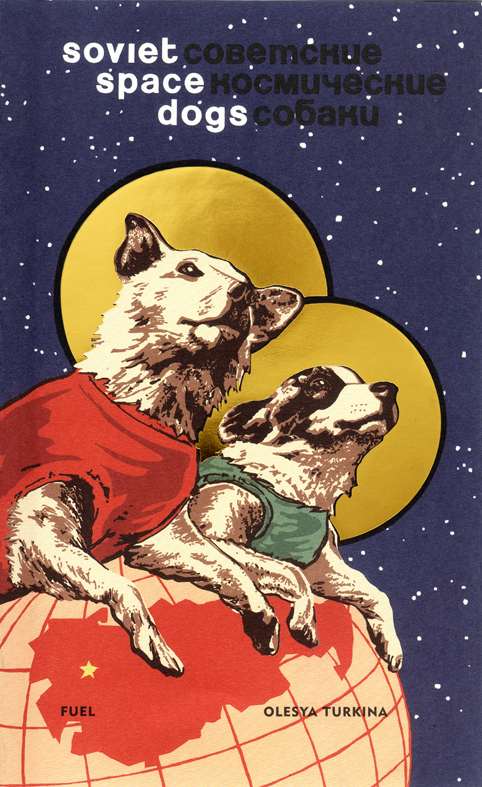Wednesday was a full day of presentations and after class I did utilize office hours. The way these presentations go is they are in the order of the course content, so we were just learning about the Annales school of historiography, thus the presentations this week were about books from people who would be in that school of thought. I will be presenting during the Marxist week with Howard Zinn’s A People’s History of the United states, which is a tome of a novel but my professor gave me some decent advise on how to tackle it for my ten minute presentation, that will be talked about later in this post.
I wont go into too much detail about the content of everyone’s presentations, as I didn’t right down anything specific and I don’t think it really matters. What I did right down was how they presented the material and what they talked about so I could apply that to my own. Since these were the first presentations my professor is going to go a bit easy on them, which makes sense. There were three presentations as a whole, two of which were partnered. The first presentation was on the book by Fernand Braudel called The Mediterranean and the Mediterranean World in the Age of Philip, two students presented. The second also had two students and it was on the book by Emmanuel le Roy Ladurie called The Peasants of Languedoc. The third presentation was done by one student, which made me feel a bit better as I would’ve felt incredibly awkward being the only student presenting solo. His presentation was about Crossing the Bay of Bengal: The Furies of Nature and the Fortunes of Migrants by Sunil Amrith, poor guy was also very very quiet and I could barely hear him. After each presentation students would be encouraged to ask questions, my professor was petty disappointed in the lack of audience participation.
Some of the notes I wrote down for myself were ones I already had in mind before seeing these presentations, and some were written down because of what I saw: give a brief biography of the author (in my case it would be Howard Zinn) to give context, go over the sources used and why he would use them, when was the book written, who are the authors of the sources, state the hypothesis if there is one, contextualize words if needed (for example, the word “elites” can have negative connotations depending on its usage), if Howard Zinn tackles conflicting narratives to his own how does he handle it.
After class I went to office hours to talk a bit about the presentation and the field placement interview. When we sat down to talk he told me that he found his copy of Zinn’s book, which is smaller than mine, and told me to focus on a couple chapters that highlight Zinn’s analysis and the non-standard American stories (such as the new civil war chapter). I was already on the right tack, then, because I was already going to do that, but I’m glad to have my thought process validated. When it comes to the interview process for field placement we have to provide a resume, a 200 word paragraph as to why we want to go into the field placement course, two professor references, and our grade transcript. The main issue I was having was with my resume. I noticed while making it (I lost my other copies so I was rewriting it) that there is a skills section. I knew this existed but it was always very difficult for me to fill out because almost everyone says the same thing (creative, organized, team player, etc.) and I didn’t know if it was required or not. When I looked it up I got mixed messages: some said they are absolutely necessary and others say no because the education and experience section should already give an idea of what you can do, show don’t tell. When I brought this to my professor he told me I needed it and that this course is basically practice for job searching so I should treat it that way, and my resume should act like an advertisement. I wasn’t super happy with this answer as I was still uncertain as to how to go about my “advertising” my skills, especially the incredibly vague ones (because what does “creative” even mean?). So he just started listing off a bunch that I supposedly have: punctual, organized, writing skills, something about me being clear in my communication and having critical thinking (critical analysis? I can’t remember for some reason and I didn’t write it down). I guess this was nice to hear and I will be adding them to my resume but I’m still nervous about it. Maybe the discussion part of the interview will be better for my chances but who knows. If you have advice please let me know because I am so confused. One thing he did say was to NOT list any weaknesses.
After that I just asked if he had fun at his book seminar, he did, and I went home.


For the skills section in a resume, I agree with your professor. The things you bring attention to will be the ones that are seen by the employer. Like “creative, extroverted, team player” gives a different vibe than “organized, punctual, analytical”. So it just depends on how you want to present yourself. Personally I focus on stuff like research skills and diverse historical knowledge, because those are the things that I want to be doing when I am working. As a marxist, you can safely say that you are “sensitive to social issues” or something.